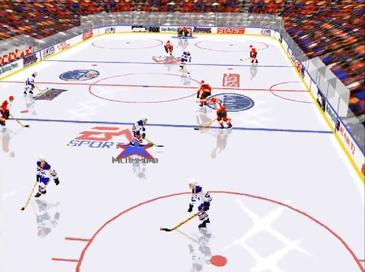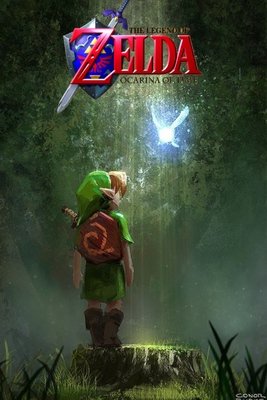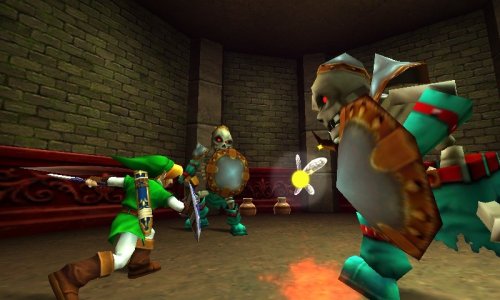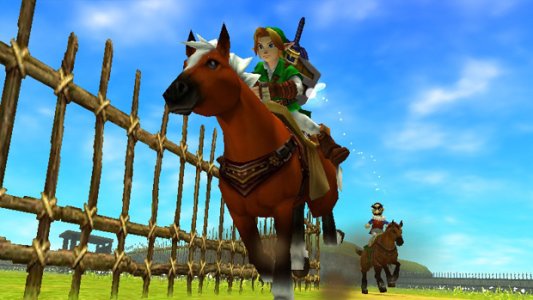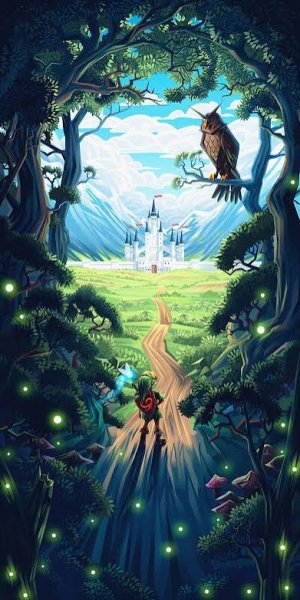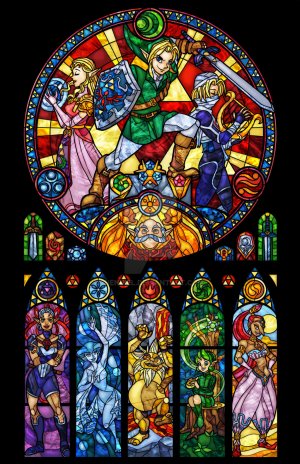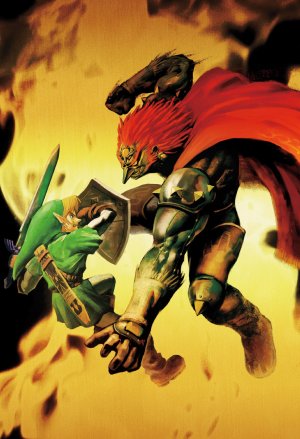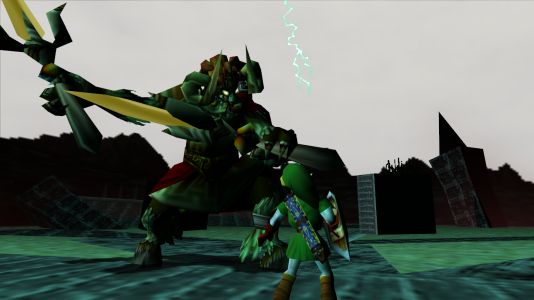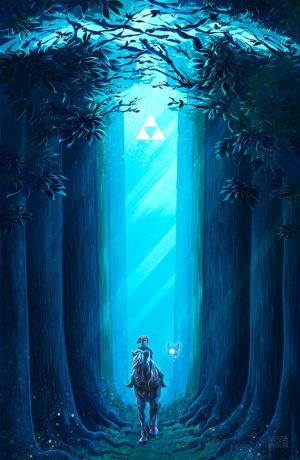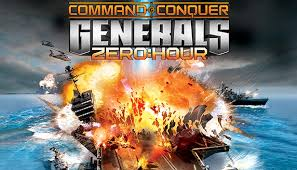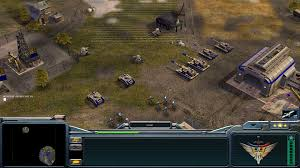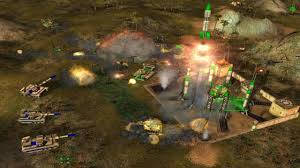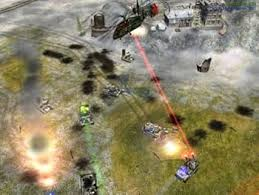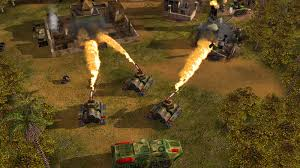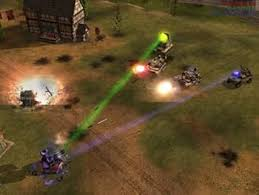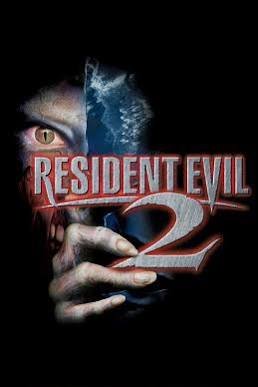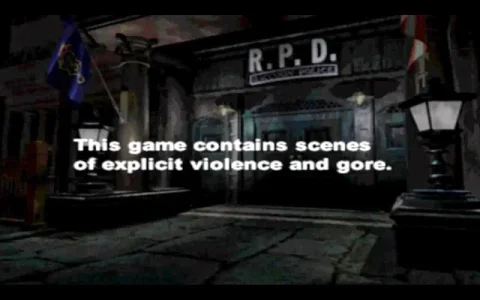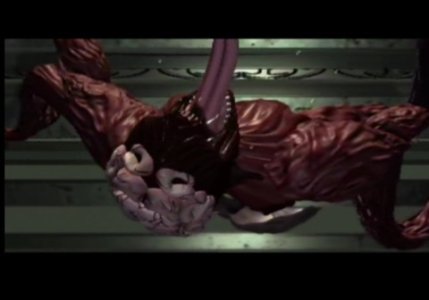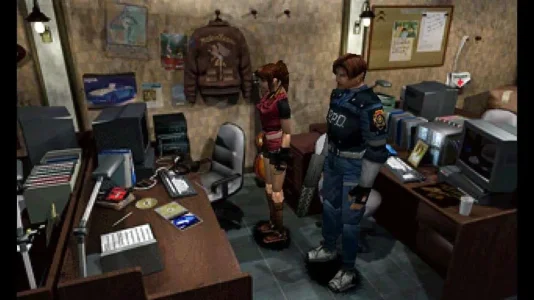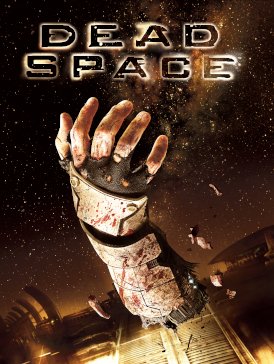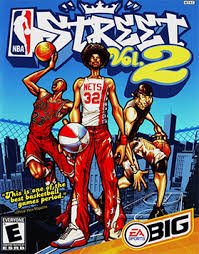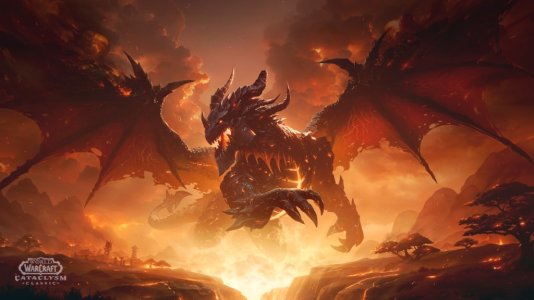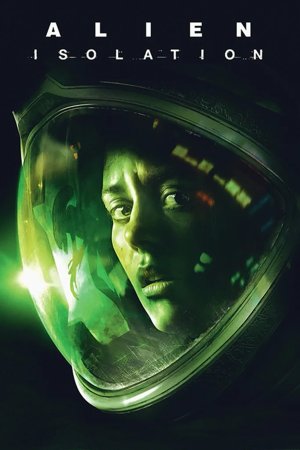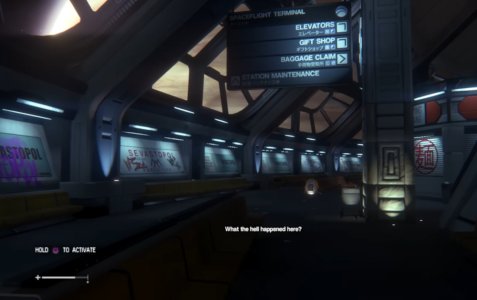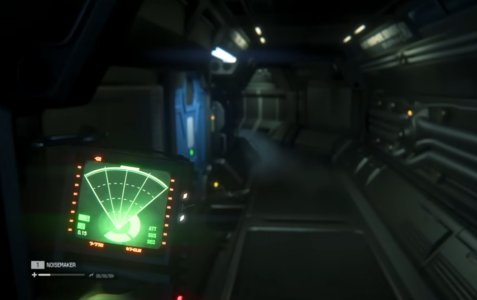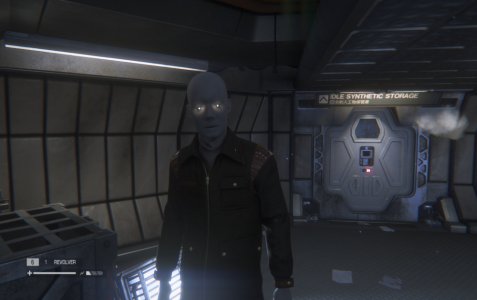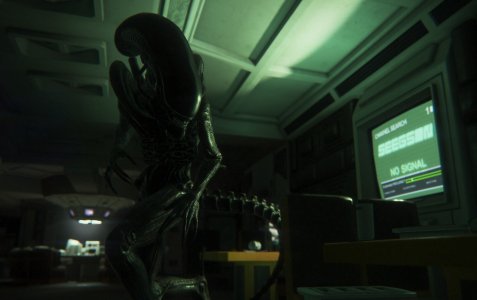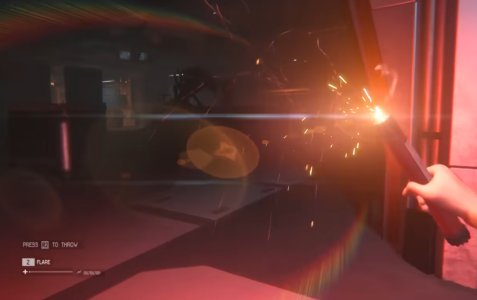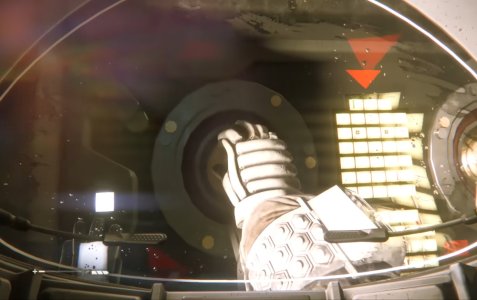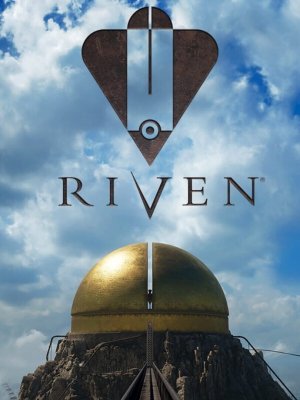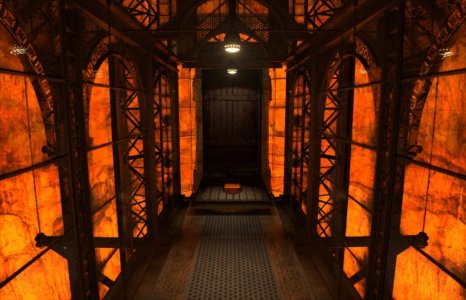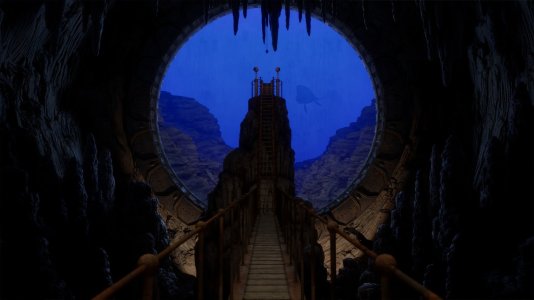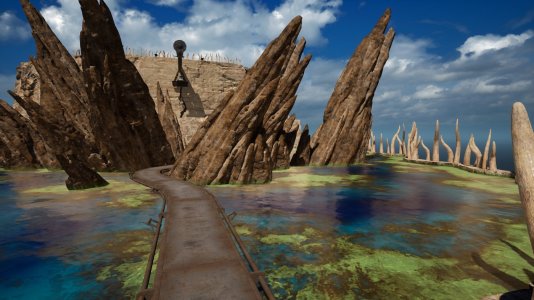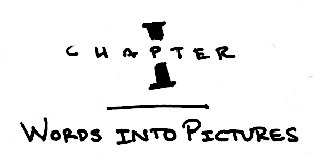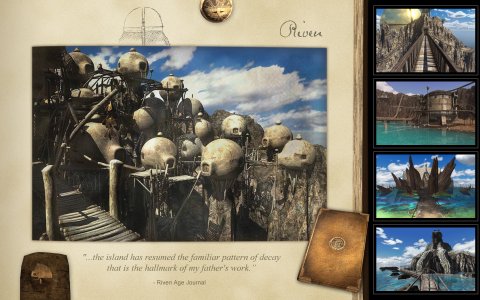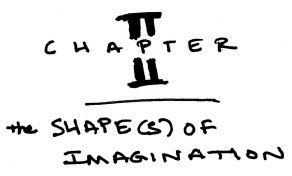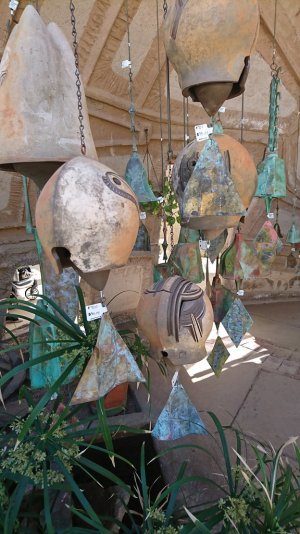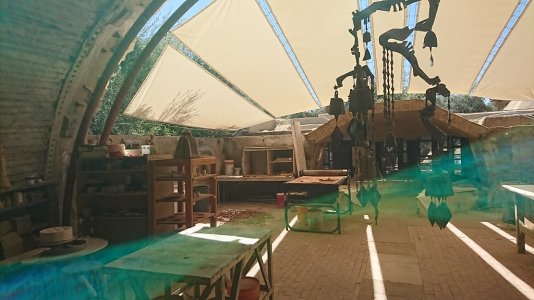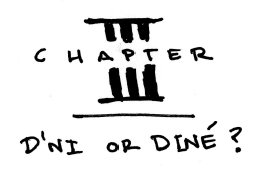Tetsujin
The Game Thread Dude
Final Fantasy X (Originally on PS2/Remastered Edition on pretty much anything including Switch)
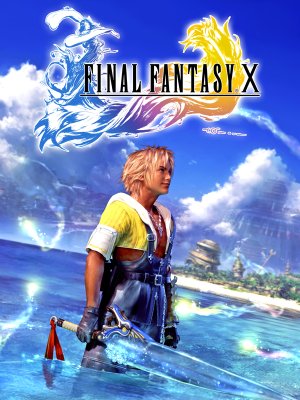
So this one is a pure nostalgia play from me. As the first PS2 Final Fantasy, this game is honestly a bit of a mess, eschewing the to-this-point standard world map hub design of the previous entries into the series for what essentially amounts to a series of bland corridors with NPCs wandering about. The story is absolutely nonsensical even by Final Fantasy standards, let’s get that out of the way, and I still haven’t the faintest clue what the hell actually happened in this game despite having played it to completion multiple times.
Why am I choosing it then? Well, against my better judgment, it’s still simply a fun time. The battle system is the last hurrah of the traditional Final Fantasy turn-based party system and the Sphere Grid leveling system is probably the best level system/skill tree system any modern RPG has come up with. The character work is solid despite my massive misgivings about the plot, the ending of the game made young kid me cry. This is also the last mainline Final Fantasy game to be primarily composed by Nobuo Uematsu, which is sorta like being the last Star Wars composed by John Williams, and the main theme of the game remains stuck in my head some twenty years after I first played the game.
I’ve been laid out over the last couple days with a bad head cold mixed with what I’m pretty sure is a mild bout of heat stroke (them Tokyo summers are no joke) and being relatively bedridden, I’ve been stuck mostly playing the Switch 2. This, despite all its faults, is the game I’ve decided to play through again as a change of pace form Breath of the Wild. And it still hits like crack. (You’ll never get me to like the broken mechanics of the blitzball minigame though.)

So this one is a pure nostalgia play from me. As the first PS2 Final Fantasy, this game is honestly a bit of a mess, eschewing the to-this-point standard world map hub design of the previous entries into the series for what essentially amounts to a series of bland corridors with NPCs wandering about. The story is absolutely nonsensical even by Final Fantasy standards, let’s get that out of the way, and I still haven’t the faintest clue what the hell actually happened in this game despite having played it to completion multiple times.
Why am I choosing it then? Well, against my better judgment, it’s still simply a fun time. The battle system is the last hurrah of the traditional Final Fantasy turn-based party system and the Sphere Grid leveling system is probably the best level system/skill tree system any modern RPG has come up with. The character work is solid despite my massive misgivings about the plot, the ending of the game made young kid me cry. This is also the last mainline Final Fantasy game to be primarily composed by Nobuo Uematsu, which is sorta like being the last Star Wars composed by John Williams, and the main theme of the game remains stuck in my head some twenty years after I first played the game.
I’ve been laid out over the last couple days with a bad head cold mixed with what I’m pretty sure is a mild bout of heat stroke (them Tokyo summers are no joke) and being relatively bedridden, I’ve been stuck mostly playing the Switch 2. This, despite all its faults, is the game I’ve decided to play through again as a change of pace form Breath of the Wild. And it still hits like crack. (You’ll never get me to like the broken mechanics of the blitzball minigame though.)

